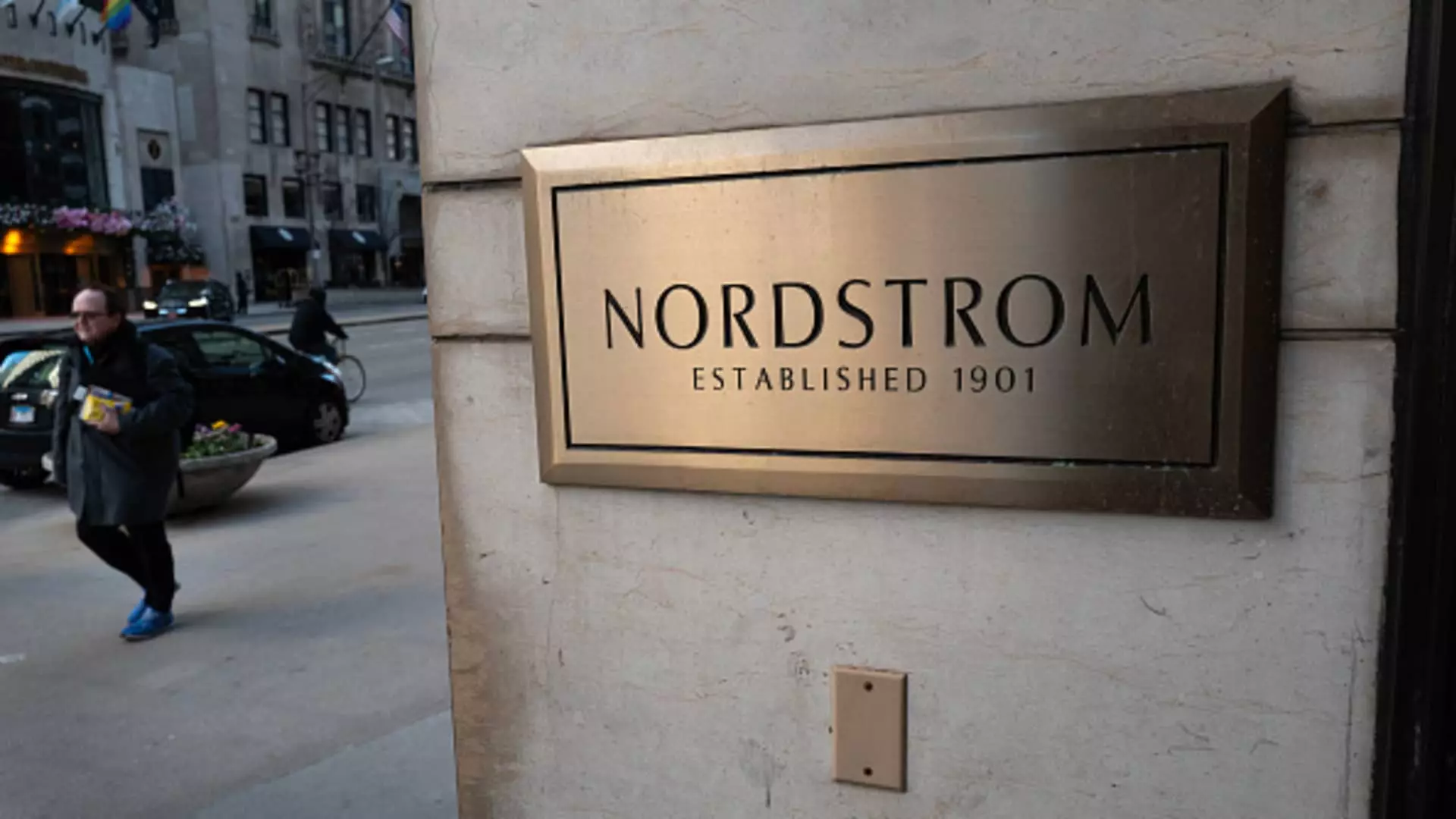In a significant business maneuver, Nordstrom Inc. has announced its decision to shift from being a publicly traded entity to a private company. This strategic transition comes as the company reaches an agreement for a buyout deal valued at approximately $6.25 billion. The deal involves Nordstrom’s founding family and El Puerto de Liverpool, a prominent Mexican department store chain. Approved unanimously by Nordstrom’s board of directors, this transaction signals a new era for the iconic retailer, slated for completion by the first half of 2025.
Under the terms of the agreement, the Nordstrom family will maintain majority ownership with 50.1%, while El Puerto de Liverpool will control the remaining 49.9%. This move is indicative of a broader trend among retailers as they seek to navigate challenging market conditions by focusing on long-term strategic goals beyond the relentless demands of public market expectations.
For over a century, Nordstrom has prided itself on a customer-centric philosophy, emphasizing quality shopping experiences and a carefully curated selection of products aimed at helping customers feel confident and stylish. CEO Erik Nordstrom expressed enthusiasm for this pivotal change, noting the commitment of his family to ensuring the company continues to thrive. He highlighted the buyout as not just a transaction, but a “new chapter” in the company’s longstanding narrative of quality service and retail innovation.
However, this is not Nordstrom’s first foray into privatization. A prior attempt in 2018 fell short, which reflects the complexities involved in consolidating ownership in the retail sector. The recent offer of $24.25 per share represents a notable increase from previous valuations, as investor sentiment fluctuated in response to market dynamics and broader economic conditions.
Market Challenges and Adaptations
Despite the optimism surrounding the buyout, Nordstrom, like many luxury retailers, faces considerable challenges. The fiscal environment has prompted consumers to exercise caution when it comes to discretionary spending. Retail giants like Walmart, Target, and Best Buy have reported shifts in consumer behavior, with shoppers prioritizing necessities over luxuries. This has led to pressure on Nordstrom’s sales forecasts, especially as analysts predict a softer holiday season.
Despite these challenges, the company outperformed Wall Street expectations in its most recent fiscal reports, showing a 4% increase in year-over-year revenue. Such resilience suggests that Nordstrom is cautiously adapting to the evolving retail landscape, positioning itself to leverage its private status to focus on growth strategies without the distractions of stock market volatility.
The partnership with El Puerto de Liverpool not only reshapes Nordstrom’s ownership structure but also extends its operational capabilities, potentially introducing innovative retail practices from the Mexican market. With Liverpool’s dual operation of department store brands and extensive shopping centers, this collaboration could provide Nordstrom with new avenues for expansion and consumer engagement.
As Nordstrom embarks on this journey as a private entity, the key will be balancing heritage and innovation, ensuring that the foundational principles of the brand remain strong while adapting to the current market’s demands. The forthcoming years may prove to be pivotal as Nordstrom redefines its identity in a landscape that constantly seeks the new and the next.

